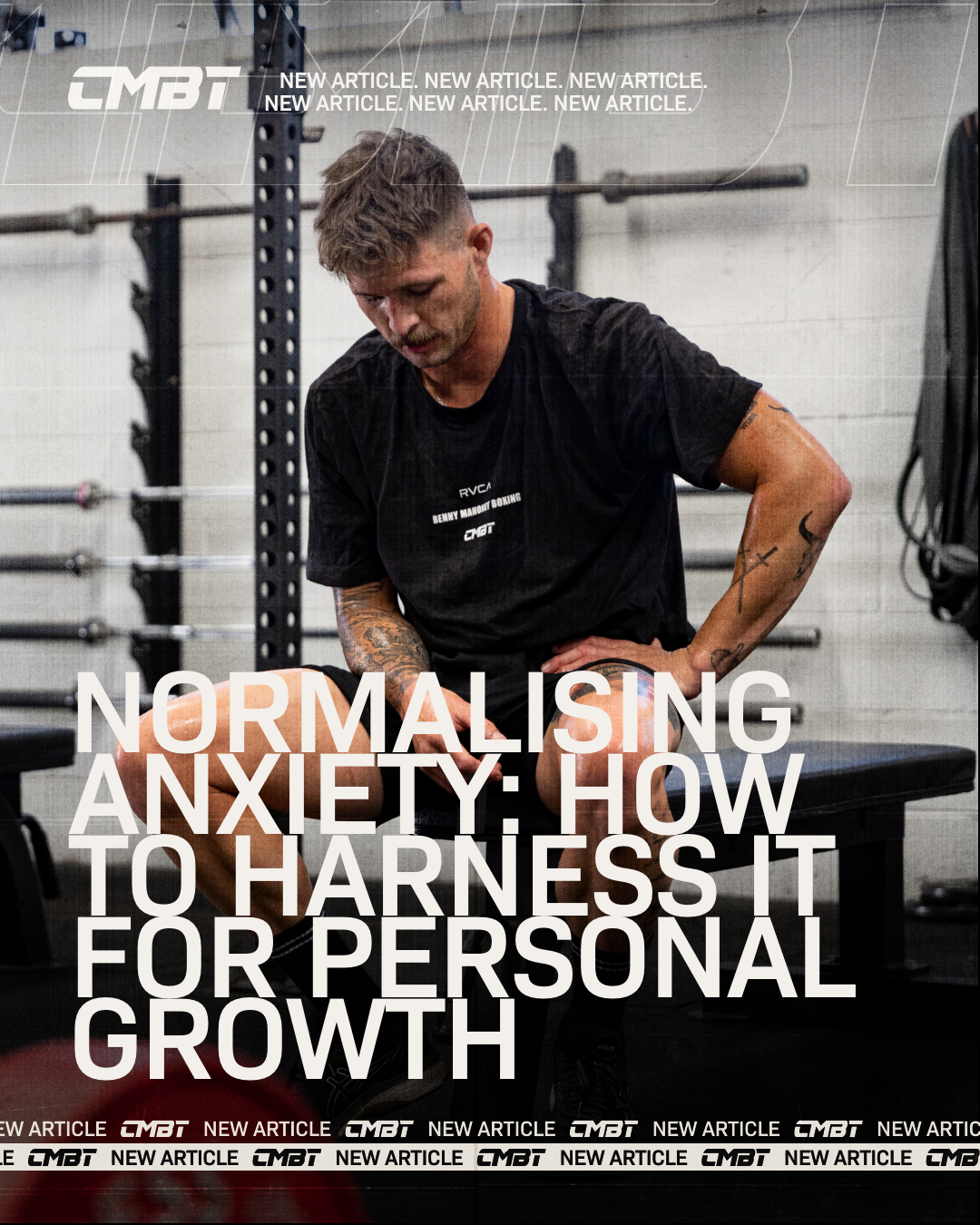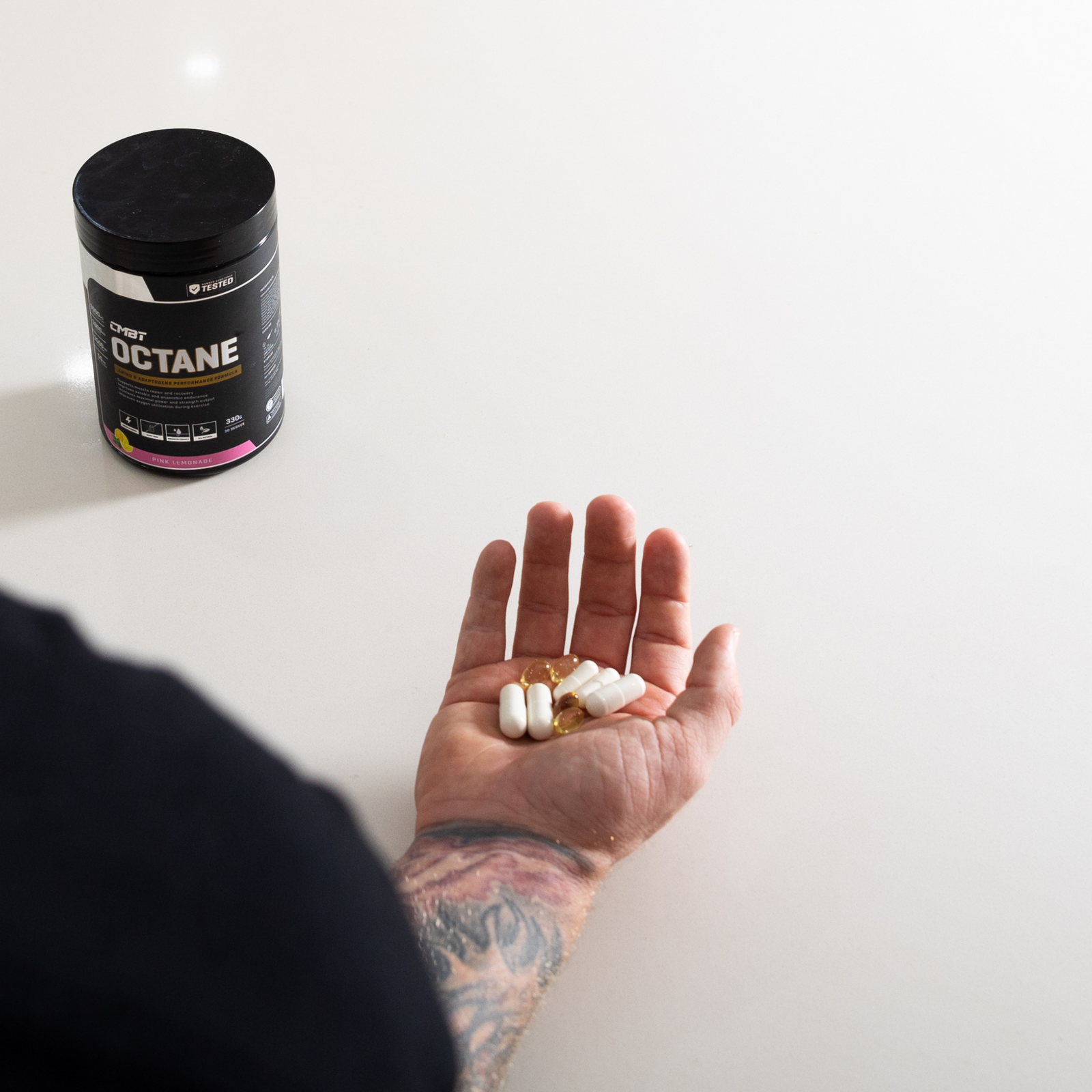How often do you think about your daily habits? Our habits are the threads that weave our routines together. These recurring behaviours, whether they are conscious or not, play a pivotal role in shaping our mental and physical well-being, and ultimately, determine our success.
The study of habits and the psychology behind them has revealed invaluable insights into how our minds work. Harnessing this knowledge can empower us to break free from destructive habits and replace them with those that align with our goals. In this article, we will explore the psychology of habits and provide practical strategies for making lasting changes.
The Psychology of Habit Formation
Habits are essentially a set of behaviours or actions that are triggered by specific cues and are followed by a reward. They create automatic routines that allow us to perform tasks without conscious thought. The psychology of habit formation can be summarised in a three-step loop: cue, routine, and reward. Let's break it down:
- Cue: This is the trigger that initiates the habit. It can be anything from a time of day, a particular emotion, or a specific location. Identifying the cues that lead to undesirable habits is the first step to change. For example, feeling stressed (cue) may lead you to reach for comfort foods (routine).
- Routine: This is the habitual behaviour or action itself. It's what you do in response to the cue, and can be positive or negative. In the example above, the routine is eating comfort foods. Recognising the routine is essential to replace it with one that aligns with your goals.
- Reward: The reward is the positive outcome or satisfaction you gain from completing the routine which reinforces the habit loop. In our case, the reward is the temporary relief from stress or a momentary feeling of pleasure.
Aligning your habits with your goals
Once you understand the psychology behind habits and the habit loop, you can change your habits to align with your goals. Here are some strategies that will help you do it:
1. Start with self-awareness
Begin by identifying your current habits and their cues. What triggers your actions, both good and bad? Keeping a journal can help you spot patterns and gain a deeper understanding of your habits.
2. Keep it easy
The more straightforward a habit is to execute, the more likely you are to stick with it. Start with a small, manageable task, and gradually increase the complexity over time. For example, if your goal is to eat healthier, begin by adding one serving of vegetables to your meals daily.
3. Replace, don't erase
Habits can be challenging to eliminate completely. Instead, focus on replacing negative routines with positive ones. For example, if you normally reach for comfort foods (routine) in response to feeling stressed (cue), consider replacing it with a walk or calling a friend.
4. Time it right
Timing is crucial in habit formation. Whether it's meditation, exercise, or reading, align your habit with a specific time in your daily routine. Consistency will reinforce the habit.
5. Stack your habits
Associate your new habit with an existing one. For example, if you want to establish the habit of taking daily walk, do it right after you have your morning coffee. The existing habit serves as a natural cue for your new habit.
6. Reward yourself
Recognise and reward your achievements along the way. Celebrating milestones, no matter how small, reinforces the positive habit loop and encourages continued progress. The more you associate good feelings with your habits, the more likely you are to maintain them.
7. Find a support system
Share your goals and progress with friends, family, or a mentor who can offer encouragement and hold you accountable. Join groups or communities that share your interests. Whether you're pursuing a fitness goal, healthier eating, or a creative hobby, the accountability can help make it easier to solidify your habits.
8. Track your progress
Monitoring your progress provides clarity and motivation. Use a habit-tracking app, a journal, or a calendar to record your daily achievements. Seeing your consistency can be immensely satisfying.
The psychology of habits is a powerful tool for achieving your goals and creating lasting change in your life. By understanding the habit loop and implementing practical strategies for change, you can break free from habits that are no longer serving you and replace them with those that align with your goals and the person you want to be. Remember, change takes time and persistence, but the rewards are well worth the effort. With dedication and the right mindset, you can master the psychology of habits and embark on a transformative journey towards a healthier and happier you.
If you want to be part of a community of like-minded people who are dedicated to achieving their goals and becoming their best selves, our CMBT Strong Program is the place for you! It will help you eat better, move more, and become more mindful so that you can unlock your true potential. Click here to find out more.


















































![[VIDEO] Fuel Your Passion feat. Sami Locke](http://cmbt.com.au/cdn/shop/articles/Sami.jpg?v=1625826844&width=1600)